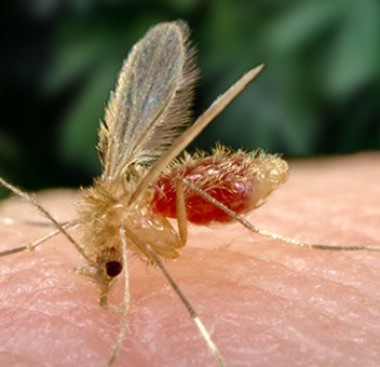THE ANIMAL RIGHTS AGENDA
By: Staff Date: 11/15/1993 Category: | Animal Rights Extremism | Animal Rights vs Animal Welfare |
The animal rights agenda shown here was published in Animals' Agenda magazine in November 1987. It sets out the goal of ending the use of animals.
- We are firmly committed to the eventual abolition by law of animal research, and call for an immediate prohibition of painful experiments and tests. The billions of dollars disbursed annually by the National Institutes of Health for animal experiments should be rechanneled into direct health care, preventive medicine, and biomedical research using non-animal tests and procedures. In addition, the government should fund projects to develop and promote non-animal technologies where they do not yet exist so that animal experiments may be rapidly phased out. In the meantime, procedural mechanisms must be established to allow for greater public scrutiny of all research using animals.
- The use of animals for cosmetics and household product testing, tobacco and alcohol testing, psychological testing, classroom demonstrations and dissection, and in weapons development or other warfare programs must be outlawed immediately.
- We encourage vegetarianism for ethical, ecological, and health reasons. As conversion of plant protein to animal flesh for human consumption is an energetically inefficient means of food production, a vegetarian diet allows for wiser use of the world's limited food resources. Livestock production is a major source of environmental degradation. Furthermore, a shift in human diet from animal foods to plant food would result in a lower incidence of heart diseases and cancer and better health generally. Vegetarian meals should be made available to all public institutions including primary and secondary schools. Nutritional education programs currently administered by the Department of Agriculture should be handled by an agency charged with promoting public health rather than promoting the interest of agribusiness.
- Steps should be taken to begin phasing out intensive confinement systems of livestock production, also called factory farming, which causes severe physical and psychological suffering for the animals kept in overcrowded and unnatural conditions. As animal agriculture depletes and pollutes water and soil resources, and destroys forests and other ecosystems, we call for the eventual elimination of animal agriculture. In the meantime, the exportation of live farm animals for overseas slaughter must be regulated to ensure humane treatment. Livestock grazing on US public lands should be immediately prohibited. Internationally, the US should assist poorer countries in the development of locally-based, self-reliant agricultural systems.
- The use of herbicides, pesticides, and other toxic agricultural chemicals should be phased out. Predator control on public lands should be immediately outlawed and steps should be taken to introduce native predators to areas from which they have been eradicated in order to restore the balance of nature.
- Responsibility for enforcement of animal welfare legislation must be transferred from the Department of Agriculture to an agency created for the purpose of protecting animals and the environment.
- Commercial trapping and fur ranching should be eliminated. We call for an end to the use of furs while recognizing Western society's responsibility to support alternative livelihood for native peoples who now rely on trapping because of the colonial European and North American fur industries.
- Hunting, trapping, and fishing for sport should be prohibited. State and federal agencies should focus on preserving and re-establishing habitat for wild animals instead of practicing game species management for maximum sustainable yield. Where possible, native species, including predators, should be reintroduced to areas from which they have been eradicated. Protection of native animals and plants in their natural surroundings must be given priority over economic development plans. Further, drainage of wetlands and development of shore areas must be stopped immediately.
- Internationally, steps should be taken by the US government to prevent further destruction of rain forests. Additionally, we call on the US government to act aggressively to end international trade in wildlife and goods produced from exotic an/or endangered fauna or flora.
- We strongly discourage any further breeding of companion animals, including pedigreed or purebred dogs and cats. Spay and neuter clinics should be subsidized by state and municipal governments. Commerce in domestic and exotic animals for the pet trade should be abolished.
- We call for an end to the use of animals in entertainment and sports such as dog racing, dog and cock fighting, fox hunting, hare coursing, rodeos, circuses, and other spectacles and a critical reappraisal of the use of animals in quasi-educational institutions such as zoos and aquariums. These institutions, guided not by humane concerns but by market imperatives, often cruelly treat animals and act as agents of destruction for wild animals. In general, we believe that animals should be left in their appropriate environments in the wild, not showcased for entertainment purposes. Any animals held captive must have their psychological, behavioral, and social needs satisfied.
- Advances in biotechnology are posing a threat to the integrity of species, which may ultimately reduce all living beings to the level of patentable commodities. Genetic manipulation of species to produce transgenic animals must be prohibited.
About The Author
All Authors Of This Article: | Patti Strand |












